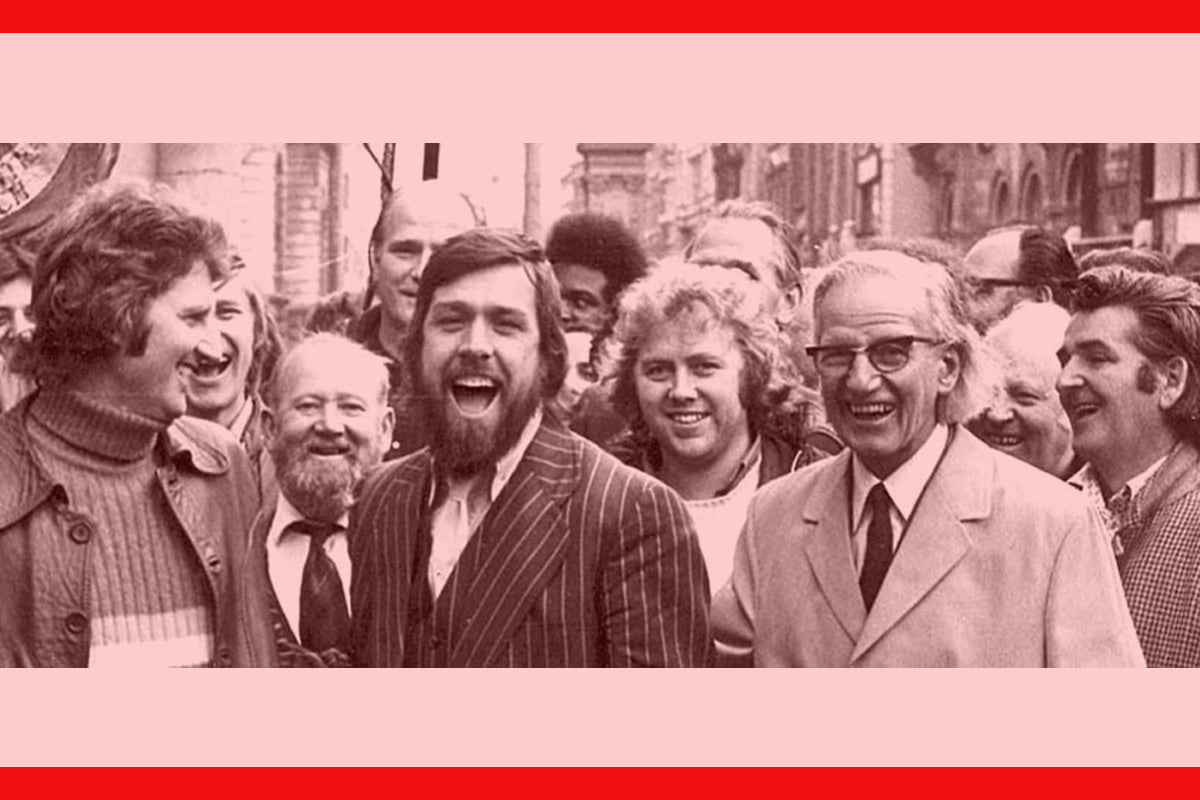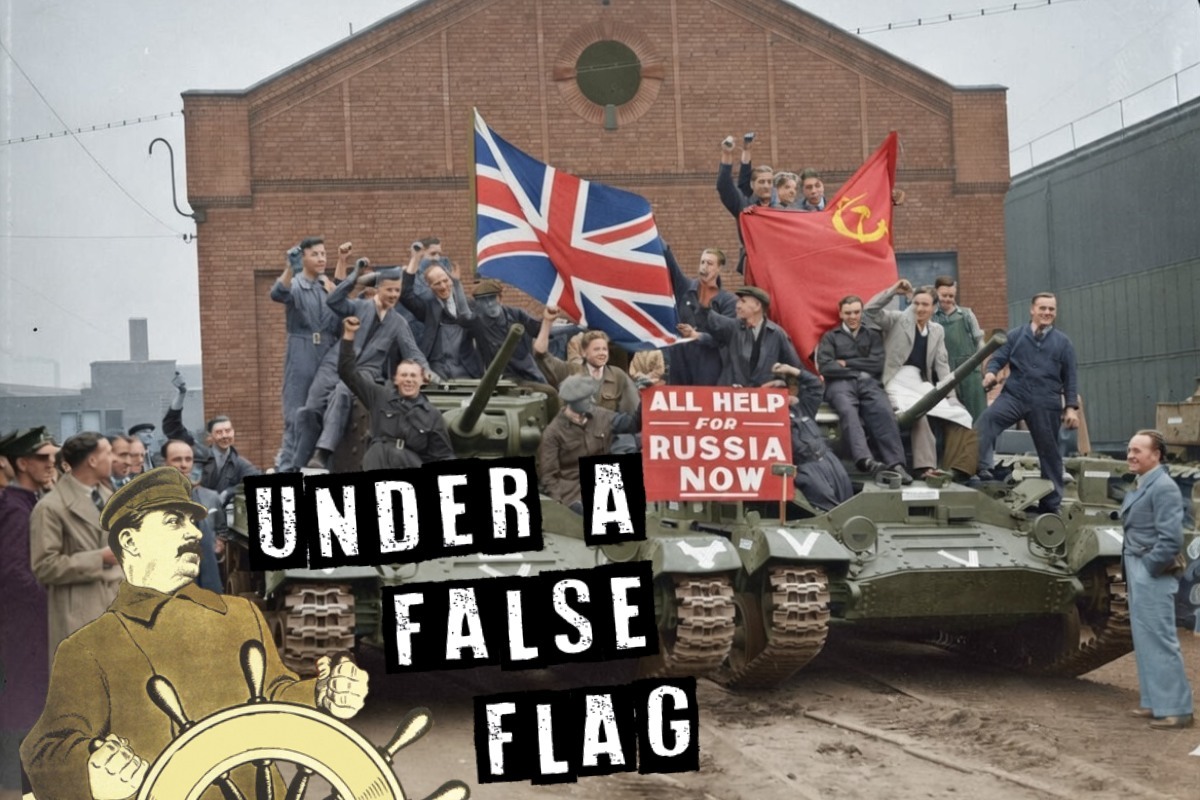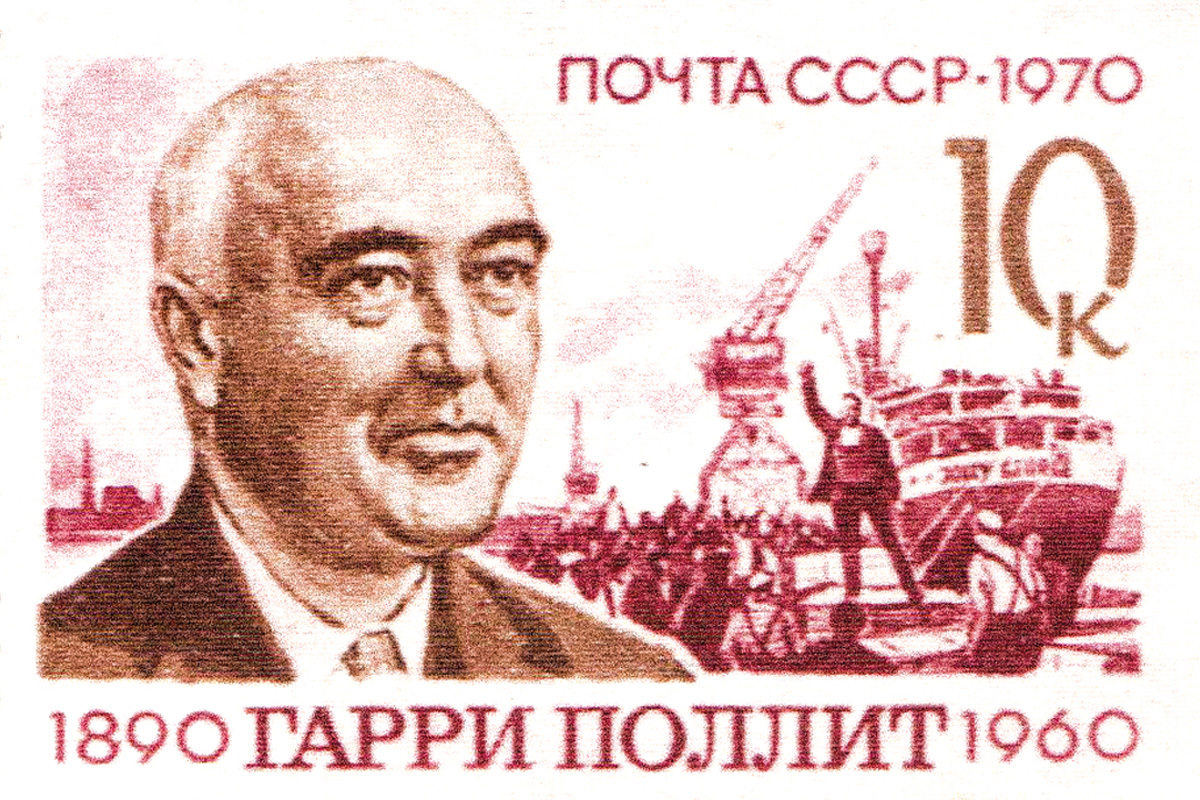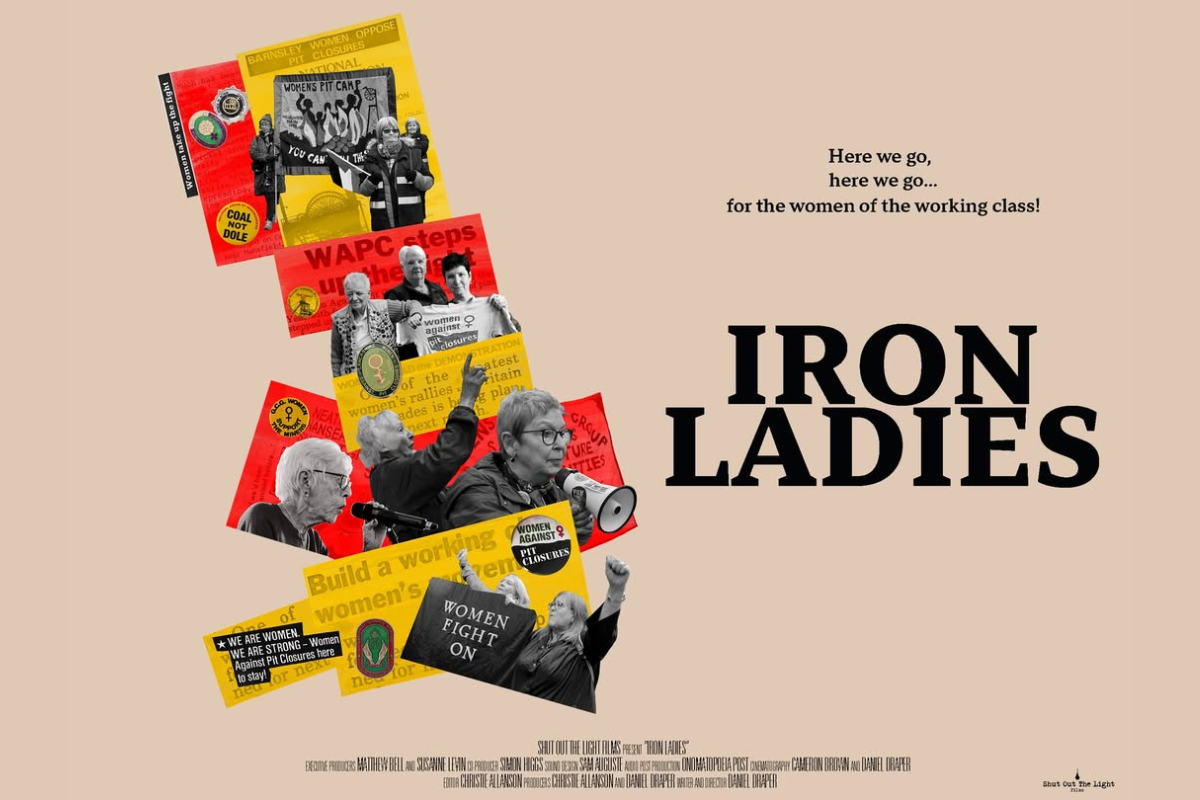The Criminal Cases Review Commission has referred the convictions of fourteen of the “Shrewsbury 24” to the Court of Appeal for review. This announcement is to be welcomed. However, this is nearly half a century after the actual trials took place and several of the men are now dead!
The scandal over what happened to the Shrewsbury pickets is a wrong which has yet to be righted.
The industrial front in the construction industry had certainly hotted up during the months leading up to the building workers’ strike of summer 1972. Trade union struggles were on the rise under the Heath government, as the economy started to stutter in the early 1970s.
The angry mood spreading across all of working class society had encouraged siteworkers to push for decent pay and an end to “the lump”. This was a system whereby workers were forced to give up all contract rights in return for a lump sum, hence the name. On 18 June 1972, building workers across Britain walked out on strike, determined to take the bosses on.
Flying picket
As with other disputes taking place at the time, workers employed the tactic of “flying” pickets, going from site to site to build the strike action. In response, the bosses were quick to demand that the police take action over this and stop workers from preventing scabs from being used to break the action.
Strangely enough, the construction bosses had no interest in asking the police to investigate the widespread and corrupt links between themselves and various local politicians and officials who were getting money to push work in the right direction.
They certainly were not calling for police action over the use of the blacklist to keep trade union activists from getting work on sites – an issue that would raise its head several decades later with the Consulting Association scandal. So far as the bosses were concerned, the law was there to serve the rich and their interests.
Bosses on the attack
Although the strike was called off in the autumn, largely thanks to the UCATT union leadership bottling it, the action had badly shaken the construction industry bosses. They wanted something done about it. They had (as they still do) strong links with the Tory Party. The government was quickly pushed to take action against militant trade unionism in general and pickets in particular.
The Conservative Home Secretary Robert Carr set the tone when he stated: “I intend once again to draw the attention of chief constables to … discuss with them what further action they may take… obstruction and intimidation are illegal… sheer numbers attending can itself constitute intimidation.”
In other words, strike pickets were to be targeted. In this they had the support of the establishment across the board.
Carr understood that an example would have to be made in order to send a message without delay. A team of detectives was pulled together to look at the strike and determine how many of the pickets could be arrested, and on what charges.
Travesty
 On 14 February 1973, arrests began all across North Wales. This started with the six men deemed by the bosses to be the most active of those who had taken part in picketing across the region.
On 14 February 1973, arrests began all across North Wales. This started with the six men deemed by the bosses to be the most active of those who had taken part in picketing across the region.
An initial series of minor trials took place in June, aimed at seeing what charges could stick in court when the main targets of the arrest wave came to trial later that year. It quickly became clear that the evidence of actual wrong-doing was non-existent. The state knew they would have to rely next time on charges of conspiracy; a charge that required no physical proof, just claims of intent.
So it was that 24 men duly appeared in court in Shrewsbury, well away from industrial North Wales. They were mainly charged not with what they had done but with that which the prosecution argued they intended to do.
The trial was a travesty, with the judge taking every step possible to deny the “Shrewsbury 24” (as they were called) a fair hearing.
Over the series of trials which followed, a number of men were found guilty of affray (later quashed on appeal) and unlawful assembly. Most pleaded guilty to avoid jail. Three men – Ricky Tomlinson, McKinsie Jones, and Des Warren – were found guilty of conspiracy and given stiff jail sentences.
Ricky Tomlinson correctly summed it up in 2007 when he said: “Our trial was political and we were political prisoners!”
Jones only had a short sentence to serve. Tomlinson however remained in prison until July 1975. And Warren – who carried out a non-stop campaign of resistance, including several hunger strikes – was finally let out only in August 1976. However, the brutal treatment he received in prison had broken his health. He soon contracted Parkinson’s disease, dying before his time in 2004.
Shamefully, these men served much of their sentences under a Labour government. The new Home Secretary Roy Jenkins (later to defect to the SDP) refused to look at their cases. He directed that the men should remain in jail.
Despite a strong rank-and-file campaign from below, the trade union leaders confined their action to just passing resolutions. Words – not deeds – was all they offered!
Police thuggery
Of course, the use of picketing during strikes would continue – how else can workers fight their corner in a dispute? The state continued to use its full might to attack them.
The victory of the Trico workers in 1976 stung the police into taking violent action against the women of the Grunwick strike a year later. In the 1980s, far worse police thuggery would be seen during the Great Miners Strike, and soon after during the Wapping dispute.
In fact, no industrial dispute of substance has ever managed to avoid some form of hostile intimidation by the state.
The Tories under Thatcher also set to work passing a series of anti-trade union laws to try and limit the power of workers in an industrial dispute (and provide an excuse to trade union officials not to act). All of which shamefully remained on the statute book under the Labour governments of 1997-2010.
Justice
The campaign for justice for the Shrewsbury pickets has continued. Key demands include overturning the judgements and clearing their names, and having an official inquiry into this travesty of justice. The referral to the Court of Appeal may allow the first of these demands to finally be won. But we shouldn’t hold our breath!
Any justice for the Shrewsbury pickets will, if it happens, have come about due solely to the struggle of militant workers against the system.
The scandal of what happened in 1973 serves to remind us of who the law and the state machine actually serves: the rich and powerful. As Des Warren said from the dock during his trial: “every action taken in furtherance of an industrial dispute also becomes a political act…”
The battle for workers rights and a better deal is also a battle against the ruling class. It is a battle for a socialist society that can sweep aside this rotten system – one which is as corrupt and one-sided now as it was then.






